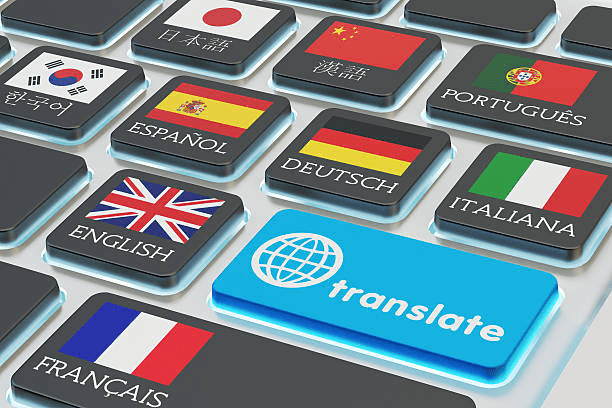
There’s much more to high-quality language translation than word-for-word accuracy. It will be difficult to tell if you’re not in the language industry because you don’t understand the language.
Fortunately for you, we handle language translations daily at TranslateSwift, and we can tell the difference. Today, we’ll tell you the key things to look out for in a high-quality language translation to ensure you get the most for your money.
Is the Language Translation Grammatically Accurate?
It might sound ridiculous because you probably don’t understand the target language, but it’s possible to tell if a translation is poor through grammar errors.
Check the punctuation, are capital letters used appropriately? Check the sentence structure. Are there commas between words in a sentence? Are sentences too long?
If the translator can’t get the punctuation right, what is the guarantee that the translation is accurate?
Mistakes like these show the translation wasn’t given proper attention.
Is the Language Translation Terminology Consistent?
Every translator has a choice of words they prefer when translating foreign languages. There’s no textbook way to interpret a word that has synonyms. It all depends on the linguist’s preference.
However, when translating documents for a business with a glossary, some words must be used consistently throughout the text as part of their brand voice or SEO.
Certain words are used by brands for many reasons, as part of their market campaign, for legal reasons, and for branding. If the linguist doesn’t pay attention to these words, the translation will not have its desired effect.
Does the Language Translation Service have Professional Certifications?
Knowing the professional certificates of the linguists working on your project is the beginning of a successful translation.
Ask the translators about their qualifications. A good translation service provider will gladly share this information with you.
For translation service providers, the ISO-17100 certification is a must-have. ISO-17100 is an international translation service qualification with high standards. They follow strict guidelines and conduct annual audits to ensure language service providers are up to international standards.
Translators, on the other hand, should have a degree in linguistics and translation. They should also be members of reputable translation bodies like the American Translators Association (ATA).
Qualifications are how you know you’re leaving your project in safe hands.
Does the Translator have Experience in your Industry?
A crucial part of translation most businesses skip is hiring a translator familiar with their industry. Translating words accurately from one language to another is only complete if the linguist understands the nuances in your industry.
Every industry has its terminology and ways of communicating with its audience. Choosing a translator that understands your industry will make translations resonate with your target audience better, leading to more engagements.
Did the Language Translation go through a Quality Assurance Process?
If you are investing in business translation or legal document translation, you have the right to ask your translation service provider what quality assurance process they use.
Quality assurance processes include double-checking translations by other expert linguists to ensure the project is accurate, localized, uses industry nuances, and carries your brand voice.
The best way to guarantee your language service provider is following due quality assurance processes is by checking if they have an ASTM F257506 certification. This qualification is a major standard guide for the quality assurance process in the translation industry.
How is their Customer Service?
As with every job, good customer service and competency are important. Was there clear and consistent communication throughout the project? Did they meet deadlines as agreed? Did you feel comfortable asking questions for clarity, and did they respond quickly?
These may seem irrelevant so long your translations are accurate, but they matter. If your translation service provider wasn’t professional, efficient, and courteous, then it’s a red flag. If they don’t understand the difficulty of entrusting your business to them, then how can they care about translating your documents adequately?
Avoid translation services that take little time to listen to you and carry you along throughout the process.
Conclusion
Entrusting your business documents into the hands of translators is challenging, especially if they aren’t working with your in-house team. There are risks of inadequacies which can be difficult to judge when you don’t understand these languages yourself.
Knowing what to look out for is crucial, and we hope we’ve given you enough to make the right decision.
If you’re ready to expand your business globally, you can reach out to us today to get started.










